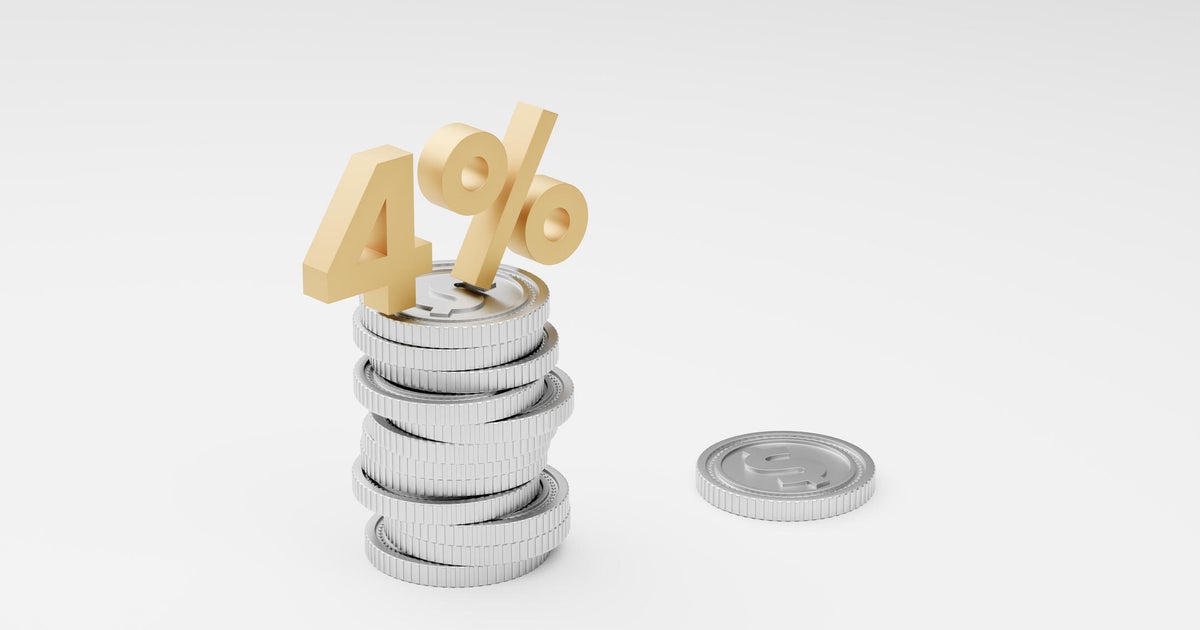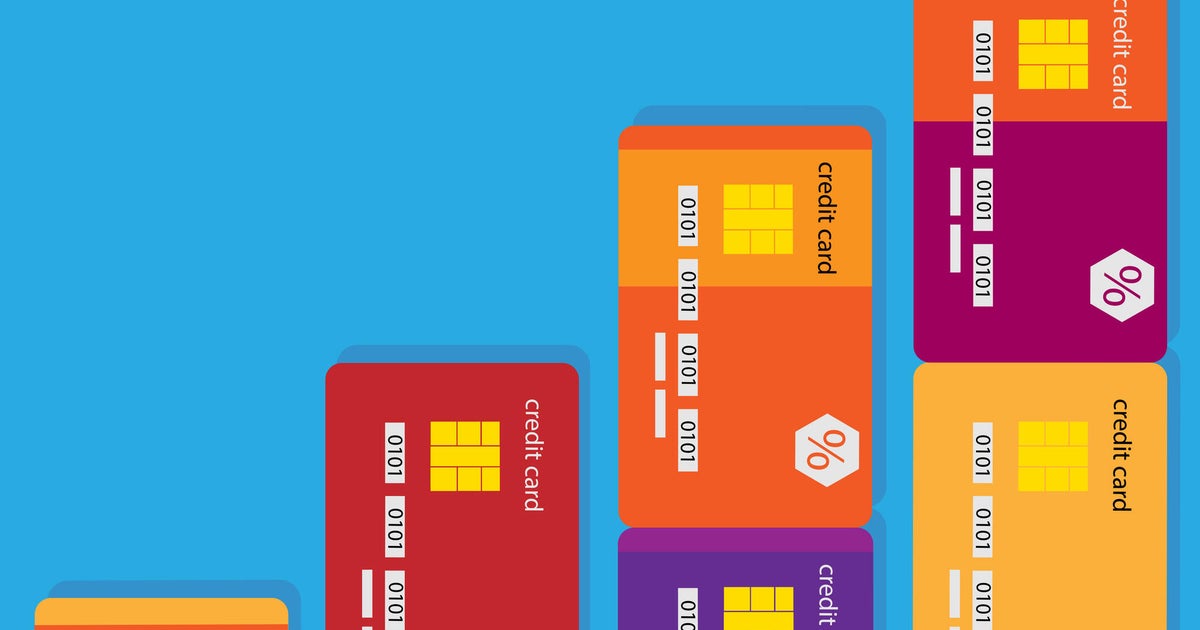Should you consider a 5-year CD right now? What the experts say
A series of rate hikes by the Federal Reserve has resulted in the federal funds rate hitting its highest level in 22 years, and many banks and credit unions have also raised their interest rates. For those borrowing money, like through mortgages and credit cards, higher rates mean financing costs have gone up. But for those depositing money, that means the opportunity to earn more interest.
One way to earn interest in this high-rate environment is to open a certificate of deposit (CD) account. With a CD, you deposit money into an account, where that principal deposit is generally meant to be left untouched for a given period in exchange for a fixed interest rate.
For example, a 5-year CD might pay around 4.5% or more in interest annually in this current environment. That means that each year for five years, your deposit will grow by 4.5%, plus any compounding interest that the CD account might offer. However, if you withdraw the deposit before five years, you generally have to pay a penalty, which typically involves forfeiting some of the interest you would have otherwise earned.
Start exploring your top CD options here.
Should you consider a 5-year CD right now? What the experts say
A 5-year CD "could be a good option for someone who is saving for a known future expense that is at least five years away. Maybe you're planning a home renovation or some other major purchase or expense in 5 years; buying a CD will keep that money invested at a competitive rate but doesn't subject you to risk of loss," says Brad Aham, a chartered financial analyst and certified financial planner with Equitable Advisors.
But while a 5-year CD could be a good fit for someone who can leave that money untouched for five years and wants a guaranteed return, not everyone can afford to lock money up for that long. Others might prefer short-term CDs, such as ones where they only have to commit to keeping their money invested for a few months or a year.
Plus, savers have to weigh different interest rates for different CD terms. In this current environment, shorter-term CDs, like 1-year CDs, generally pay higher interest rates than 5-year CDs. But choosing a 5-year CD still gives you the ability to lock in a relatively high interest rate.
Find out how much you could earn with today's top rates.
Advantages of 5-year CDs now, according to the experts
By choosing a 5-year CD now, you can earn significant interest without having to take much risk relative to other investments.
"From an asset allocation perspective, interest rates have risen and so the returns from a 5-year CD are currently above 4.5% for top providers. These guaranteed rates can be used to complement a more volatile and risky allocation to stocks," says Aham.
These rates can also potentially yield more over the long run than the returns from short-term CDs. Even if you can find a 1-year CD that pays more now, over the next few years, if interest rates fall, you might not be able to renew your CDs for rates that are as high. So, locking in a 5-year rate now might be more profitable overall, explains Mark Sanchioni, senior vice president and chief banking officer, Ridgewood Savings Bank.
Even if the rates don't end up being higher than short-term CDs over time, you might prefer the predictability of a 5-year CD.
"Once you open a 5-year CD, you will know exactly how much interest you will earn over the life of the term. This can be helpful for budgeting and financial planning," says Sanchioni.
Disadvantages of 5-year CDs now, according to the experts
One potential disadvantage of a 5-year CD now is that you'll lock in a rate that ends up being lower than other investment yields.
"If interest rates rise, you're locked into the same rate for all five years. You generally don't have the opportunity, without penalty or fees, to redeem early and buy a higher-yielding CD," says Aham.
Meanwhile, other investments, like Treasuries, could offer similar interest rates but more flexibility.
"At a 5-year maturity, Treasuries may offer a comparable yield in today's market and they may be easier to sell if you need to get out of the position," adds Aham. Plus, "CDs produce taxable income at the state and federal level. By comparison, US Treasuries are not taxable at the state level."
Locking money up into a 5-year CD could also expose you to inflation risk unless you withdraw early and take the penalty.
"Inflation can erode the purchasing power of your savings over time. If the rate of inflation is greater than the yield on the 5-year CD, you will likely be disappointed," says Sanchioni.
The bottom line
While 5-year CDs offer many advantages, like providing a relatively safe way to earn a guaranteed return, they're not the right fit for everyone. "Whether or not a 5-year CD is right for you depends on your individual financial situation and goals. If you're looking for a safe place to keep your money for the long term, you don't need immediate access to it, and a conservative yield is acceptable to you, then a 5-year CD may be a good option," says Sanchioni.
If you do want to invest in CDs but aren't sure if a 5-year CD is the best option going forward into 2024, you could spread out your interest rate risk by building a CD ladder. "Buying a set of 1,2,3,4, and 5-year CDs will give a predictable future income stream at a known interest rate," says Aham.
In other words, opening a 5-year CD isn't necessarily an all-or-nothing decision. You might put some money into a 5-year CD while also putting some savings elsewhere. Weigh your options and see what fits your financial situation.




